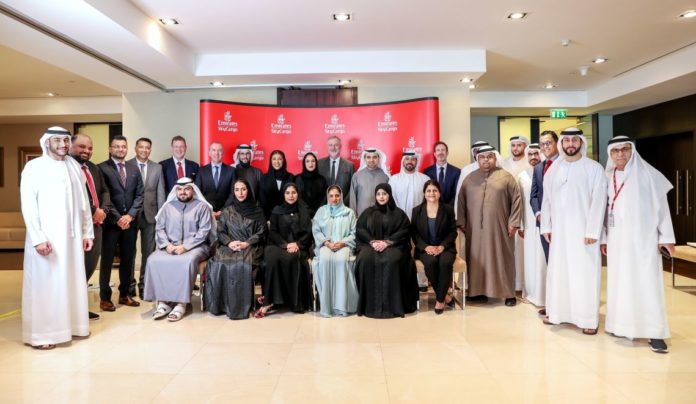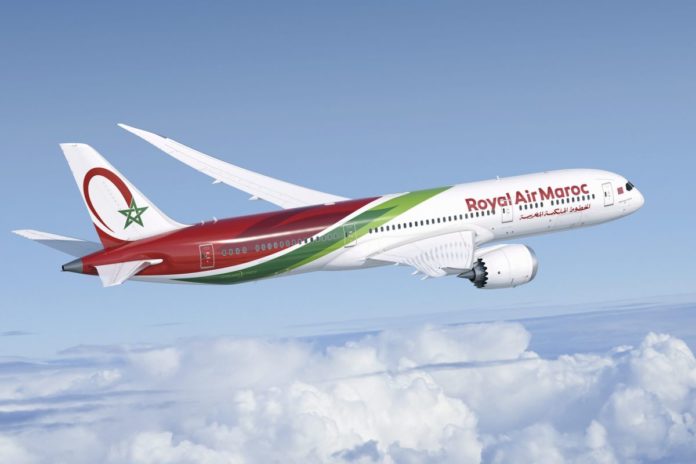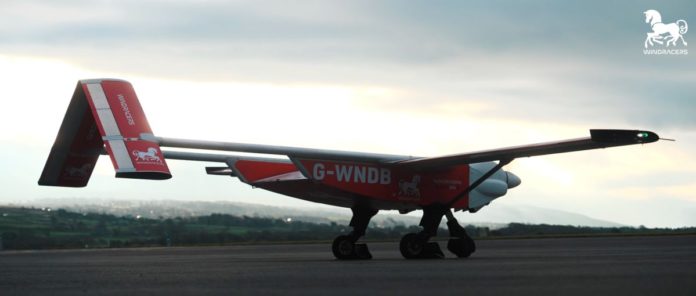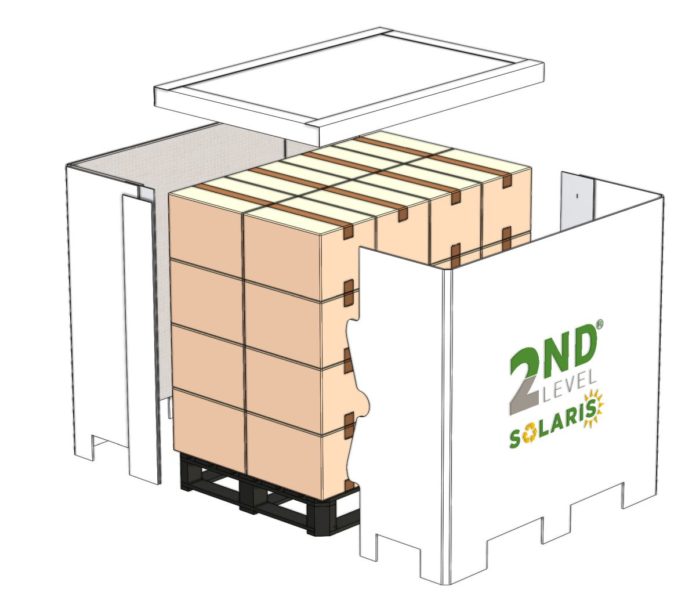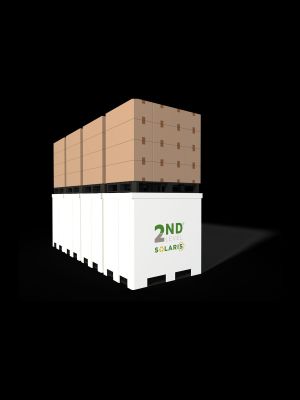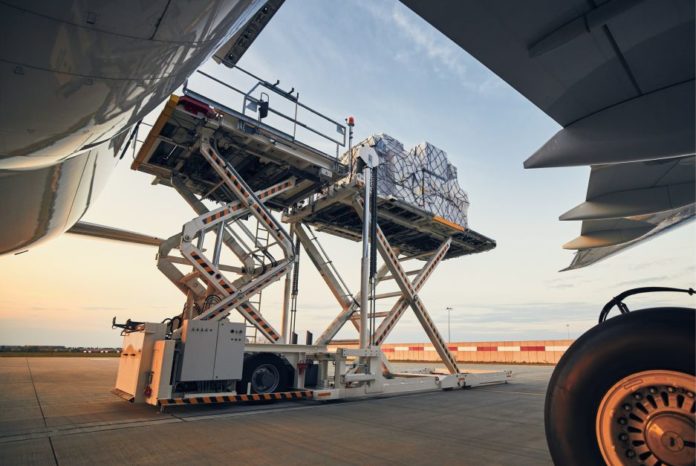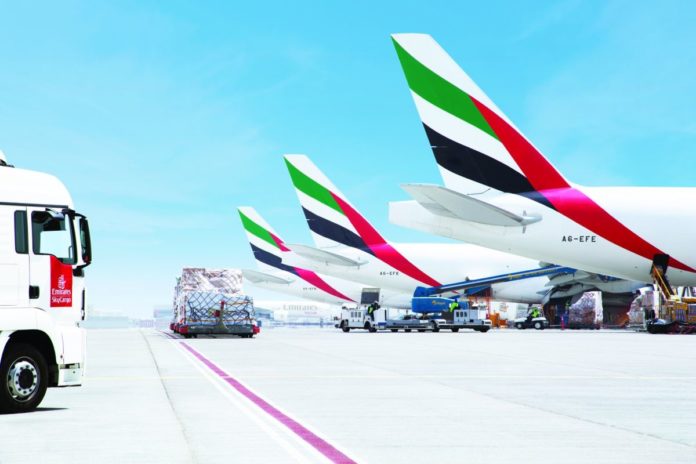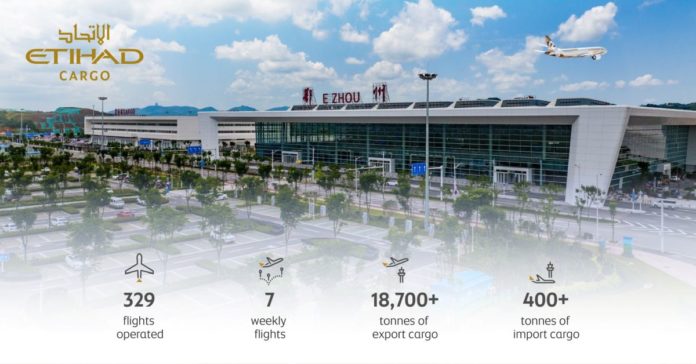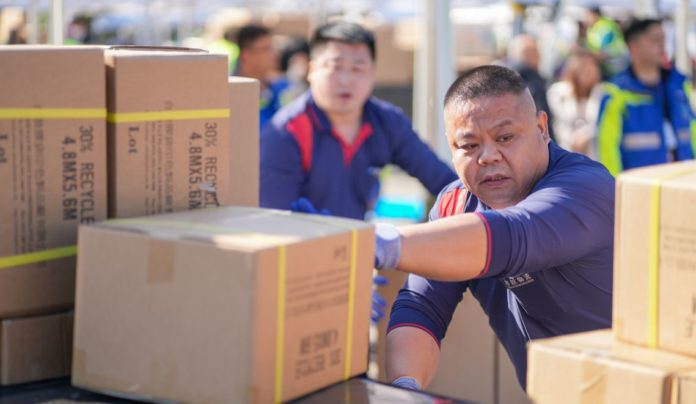Autonomous cargo drone developer Windracers unveiled its latest ULTRA MK2 in London on 16 January. The consortium, which includes Southampton University and Bristol University, says that the latest version of its range of pilotless aircraft, will offer a range of up to 1,000km (620 miles) with a “meaningful payload” of at least 100 kilos, or 150kg on shorter sectors, 50% more than the Mark 1 Ultra.
Thanks to a new design of engine and careful attention to the wings and airframe, the Ultra Mark II has been designed to offer higher payload at lower cost and Windracers and has been aimed at volume production. Windracers and its manufacturing partners are now hoping to step up production to around one machine a day. Group chief executive Simon Thompson told the conference: “We’re not there yet, but I think we will be soon.”
Windracers hopes that, by offering a higher-performing drone at lower cost it will ‘disrupt’ the market. While its machines have been used to supply bases in the artic and to deliver medicines to remote regions of developing countries, the company also sees a niche in deliveries of regular freight to islands and other hard-to-reach places in the UK.
It has carried Royal Mail traffic to the Scilly Isles on a trial basis as well as to Scottish islands. In 2024, Windracers ran a scheduled service over 90 days in July and August to the Orkneys with Streamline Shipping Group, which handles over 90% of deliveries to the islands.
The machine is powered by twin F23 Hirth 50hp turboprop engines, offering reduced fuel burn. According to Windracers’ spokespeople, the Mark 2 uses about 12 litres (2.6 gallons) of fuel per flying hour and, as its cruising speed is typically 70 knots (77mph), its fuel consumption is on a par with road vehicles, while offering higher speeds and with the ability to fly direct over mountains or stretches of water.
Windracers has opted for conventional e over battery electric, mainly because in many applications in the developing world, electric supplies to recharge batteries are not available. However, it is possible that electric versions will be developed in future. Sustainable Aviation Fuel (SAF) is another possibility.
Windracers can supply drones to be operated by users – who would need to undergo training – or it can provide personal to operate the drones. The Ultra Mk 2 package includes Windracers Mission Control, a route planning and aircraft monitoring system with an intuitive interface that requires minimal training, the company adds.
One issue that has help back wider deployment of drones in the UK has been restrictions on flying over populated areas or out of the operator’s sight. However, the government recently announced a Regulatory Innovation Office to speed up access to new technologies including cargo drones.
Other aviation authorities, including the Federation Aviation Authority in the US, are much more accommodating to drone operators, said a Windracers spokesperson.
Operation in remote areas or over the sea to islands is easier to arrange than in more populated areas, although Windracers works closely with local residents to ensure that people and wildlife are not unduly disturbed by the machines. So far, locals’ reaction where the drones have been deployed has been overwhelmingly positive, as residents of remote islands recognise the benefits of a delivery service unconstrained by scheduled ferry or aircraft operations.






